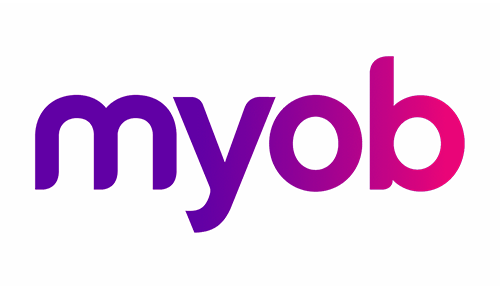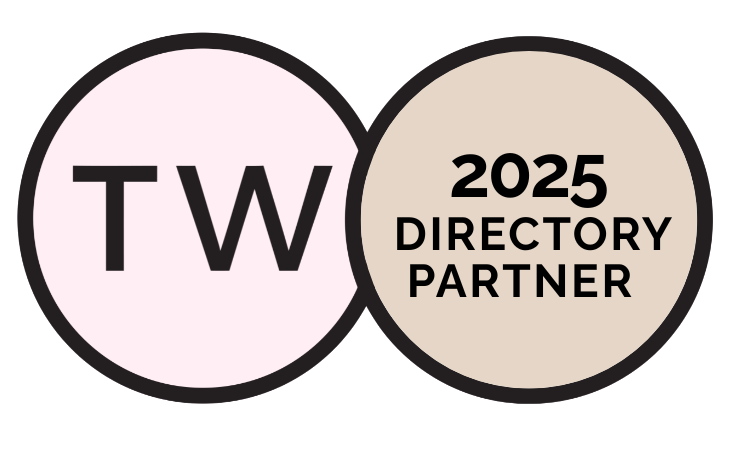Calculating Payroll Tax on the Central Coast
Professional Team
Wide Service Range
Customer Service-focused
Helping Meet State Tax Requirements
Dynamic Accounting Taxation Advisors provides professional payroll tax services for businesses in Gosford, Erina, Bateau Bay, Lisarow, The Entrance, Woy Woy, Wamberal, Kincumber and surrounding Central Coast areas.
Our team assists with payroll tax calculations, helping to ensure accurate submissions and full compliance with state regulations. By managing payroll tax obligations carefully, we may help businesses avoid costly errors and potential penalties.
With our support, your business may meet state tax requirements confidently and efficiently. Contact Dynamic Accounting Taxation Advisors on (02) 4385 7365 to learn more about how we can assist with payroll tax compliance.
Why Choose Our Services?
Payroll tax services can help Australian businesses comply with state-based payroll tax obligations.
Payroll tax is levied on wages that exceed a state’s annual threshold, and each state sets specific tax rates and requirements. Payroll tax services involve calculating total taxable wages, aiming to ensure correct classifications for wages and benefits and submitting payments on time to potentially avoid penalties.
Professionals can monitor each state’s regulations, update calculations as needed and manage lodgements.
By working with a payroll tax service like Dynamic Accounting Taxation Advisors, businesses may meet all compliance obligations, reducing the risk of errors, penalties and costly audits.
Frequently Asked Questions
What is payroll tax, and who is required to pay it?
Payroll tax is a state and territory tax in Australia that applies to businesses whose total wages exceed a certain threshold, which varies by region. It is calculated as a percentage of an employer’s taxable wages, including salaries, wages, commissions, bonuses, superannuation contributions and certain fringe benefits.
Payroll tax is paid by the employer, not the employee. Each state and territory sets its own tax rates, thresholds and payment deadlines, so businesses need to understand their local requirements.
For larger businesses, payroll tax is a significant part of their obligations, and managing compliance can be essential to avoid penalties.
How is payroll tax calculated in Australia?
Payroll tax can be calculated based on the total taxable wages an employer pays to their employees within a state or territory. Each state and territory sets an annual threshold and a specific tax rate that applies to taxable wages above this threshold.
Employers need to track and calculate wages accurately to determine the tax amount owed. Businesses operating across multiple states must manage payroll tax separately in each jurisdiction, aiming to ensure compliance with each state’s requirements.
What types of payments are subject to payroll tax?
Payroll tax applies to most employee payments, including salaries, wages, allowances, superannuation contributions, bonuses and certain fringe benefits like car allowances and housing benefits.
Payments to contractors may also be liable for payroll tax in some cases, especially if they work primarily for one business. However, some items may be exempt or excluded, such as leave payments in some jurisdictions.
Given the complexity of taxable and exempt items, employers often consult with an accountant to help ensure they are correctly classifying payments and meeting all payroll tax obligations to avoid underreporting or penalties.
What are the consequences of not paying payroll tax on time?
Failing to pay payroll tax on time can lead to penalties, interest charges and compliance issues with the state or territory’s revenue office. Each jurisdiction has its own penalty structure, but late payment fees typically increase the longer the tax remains unpaid.
Non-compliance can also trigger audits and additional scrutiny from revenue authorities, potentially leading to higher administrative costs and further penalties. Regularly reviewing payroll records, keeping accurate records of wages and benefits and ensuring timely payment may be crucial for avoiding penalties. Many businesses work with accountants to help stay on top of deadlines and maintain compliance.










